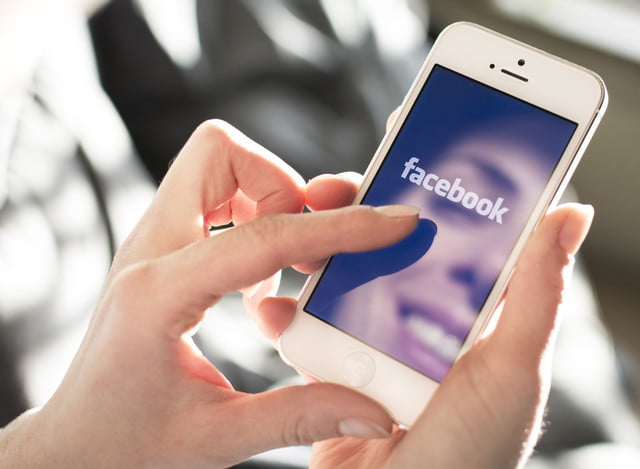
The computer vision program starts with an image and then identifies both the characteristic features of the image and the available tools to mimic that look — that approach is important because the system is not just for creating an avatar for Facebook games. Because the program compares features to available options, the system could theoretically work on multiple platforms to create custom emojis, Bitmojis, and avatars across a number of different gaming systems, like a Mii on the Wii.

The software compares the photograph with an avatar created from the available customization features, making changes until the two are as close as possible. Results will vary based on what avatar options the post has, for example, 3D avatars, the paper says, tended to be less accurate without more detailed choices like options for facial hair available.
While the software has a number of potential uses, with researchers from Facebook the tool would most likely appear there first. Integration of the tool would mean the program could automatically choose the skin color inside of emojis. Because the program uses pictures and not user input, the software also has the potential for automatic updates when you upload a new profile picture with, say, a new pair of glasses. Facebook’s focus on augmented reality and the researcher’s attempt to use the program for 3D avatars could mean possible Facebook Camera features too.
The paper is the second to come from both Facebook Research and Tel Aviv University this month, though with different researchers involved in each project. The two groups also recently published the results of a study that turns still photos into animations by mapping out facial expressions. For example, the software could potentially make that selfie smile when a friend hits the like button.
The recent research efforts suggest computer vision could play a big role in new features brought to the platform. Just how soon — or even if — we’ll see animated selfies and custom avatars on Facebook isn’t clear, but the papers offer insight into where the company is focusing its research efforts.
Editors' Recommendations
- How to get your share of Facebook’s $750M settlement
- How to make a Facebook avatar
- You can now download Facebook’s Messenger app to your desktop
- Would you trust a Facebook OS? Reports say Zuck’s building an operating system
- You will soon be able to migrate your Facebook photos and videos to Google Photos




